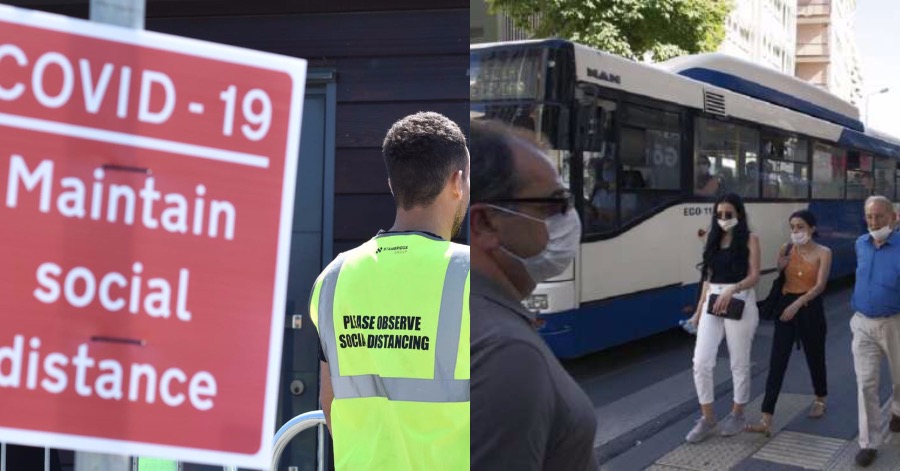Hundred of scientists want the World Health Organization (WHO) to revise recommendations after there is evidence that COVID-19 in smaller particles in the air can infect people.
WHO before this has said that the COVID-19 infection spreads primarily from one person to another person through small droplets from the nose or mouth. Which is expelled when a person with COVID-19 coughs, sneezes, or speaks.
It is believed that 239 scientists in 32 countries have outlined the prove that stated smaller particles can infect people.
The statement came in the form of an open letter to WHO where it was plain to be published in a scientific journal next week by the researchers.
According to scientists, the virus is borne through the air and can infect people when inhaled. It does not matter if it was carried by large droplets that zoom through the air after a sneeze, or by much smaller exhaled droplets that may glide the length of a room
However, the WHO did not immediately respond to the open letter. The health agency said that the evidence was not convincing.
“Especially in the last couple of months, we have been stating several times that we consider airborne transmission as possible but certainly not supported by solid or even clear evidence,” said Dr. Benedetta Allegranzi, the WHO’s technical lead of infection prevention and control.
Source: New York Times









Leave a Comment